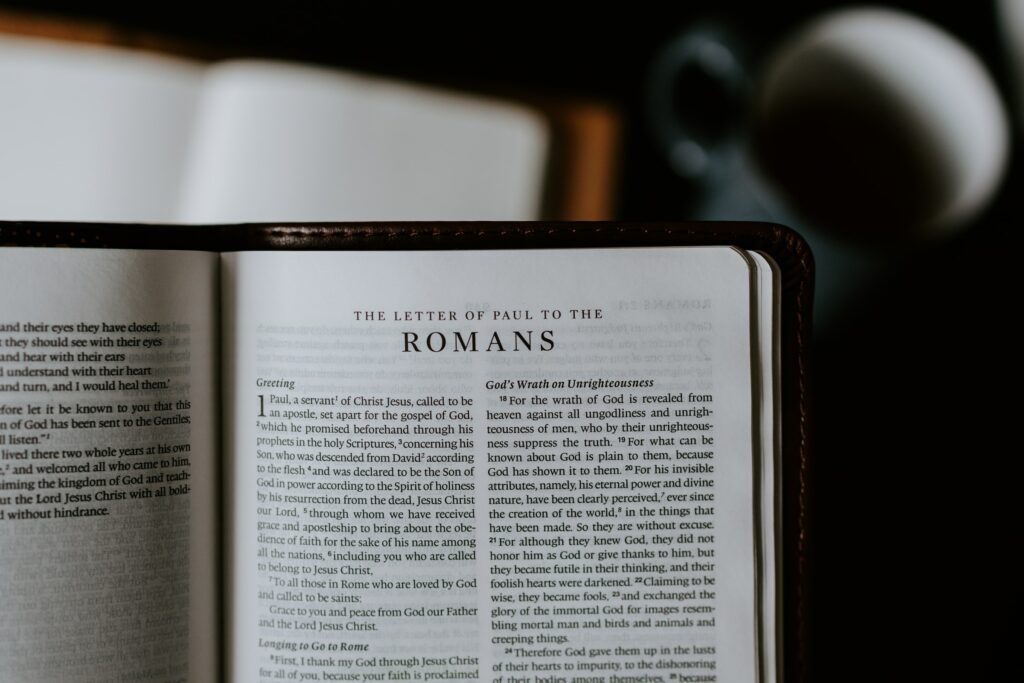Hope 365 Concert feat. TAYA & Hulvey - July 19 @ 7pm
Not yet, but Almost
November 29, 2021
We’re free in Christ, but we feel enslaved to sin.
We find healing from the Great Physician, but we suffer disease and death.
We reconcile with individuals and groups we offend, yet we continue to separate from each other.
We who read scripture know there is no condemnation in all of this, yet we feel condemned.
We live in tension and need something to hold onto — that something is the love of Christ.
We live in the already and the not yet. We already experience the benefits of God making all things new, yet the full reality of that is not yet present.
Even as I meditate on the love of Christ this week, I am aware of this conflict within me. I wrestle with dual realities, such as my feelings of loneliness and feelings of embrace by God.

For Americans like me, this already and not yet is familiar to our history. On January 1, 1863, the Emancipation Proclamation freed all enslaved people in the rebelling areas of the United States. The enslaved African-Americans of Texas (along with the rest of the unoccupied Confederacy) were legally free. But it wasn’t until June 19, 1865, when the Union army arrived in Texas to enforce the law, that many of Texas’s people continued to be enslaved by their would-be masters.
This day, when the legal truth of their freedom finally coincided with the lived reality of their freedom (of a sort; much work for equality had yet to be and still remains to be done), is celebrated today as Juneteenth.
Between these two days, the enslaved people of Texas were free and yet not free. For those two years, they lived in an already and not yet situation. Were they forgotten? Uncared for? Less worthy than those who had already tasted their freedom elsewhere? No! The truth was not in doubt, but it had not yet been fully realized. In times like this, what does a person or a community hold onto?
We now all still live in the already and the not yet.
Already, the resurrection of Jesus has brought us life! “Christ Jesus is the one who died [and] was raised — who is at the right hand of God…interceding for us” (Romans 8:34 ESV), freeing us from the threat of condemnation for our sin. And yet, we still experience suffering: “we are regarded as sheep to be slaughtered” (Romans 8:36 ESV).
What can we trust as we wait in this liminal space?
We cannot simply trust what we can see; after all, what we perceive is just a taste of the already and the not yet. We need something true, and the death and resurrection of Jesus teach us the truth: that Jesus, our God, and King love us, and in that, we find something to hold onto.
I find myself in that place now. In the middle of the already and the not yet, holding onto the love of Christ.
My wife and I are surrounded by good friends and family, and (newly this November!) our Woodside Life Group. We are employed, healthy, and have the best dog in the world. We sit in the already, experiencing a taste of the full and eternal life that is ours in Christ.
And we suffer in the not yet. I regularly experience unexplained loneliness. As a campus minister at Oakland University and area community colleges, I miss the students who seemingly vanished from our groups over two years of remote instruction. And community divisions in the Church and culture — sometimes actively perpetuated, sometimes passively allowed, by me and those like me — deprive us of the contributions of many who could teach us wisdom. In short, evil has invaded my space, and through me, invaded the space of others.
Though Jesus has paid our debt and inaugurated a kingdom where there is life to the fullest, we do not see it realized. We live in the already and not yet.
As I meditate on the joys and griefs of my life and the world, I long for a resolution of that tension. I need a power greater than me, greater than us, greater than the forces of our world, to make things right!
Is there any such thing? Yes, as Paul tells us in Romans 8,
“I am sure that neither death nor life, nor angels nor rulers, nor things present nor things to come, nor powers, nor height nor depth, nor anything else in all creation, will be able to separate us from the love of God in Christ Jesus our Lord” (vv. 38–39 ESV).
We taste the goodness of God in good food, good friends, a good church, or a good picture. And we taste the bitterness of evil. But nothing compares to the love of God.
